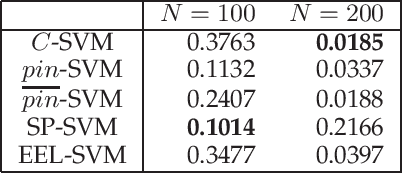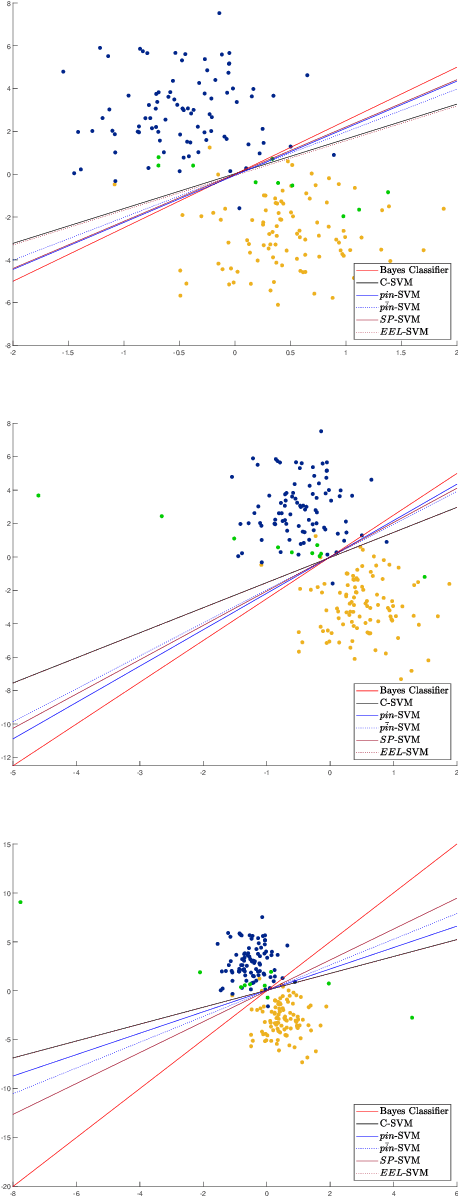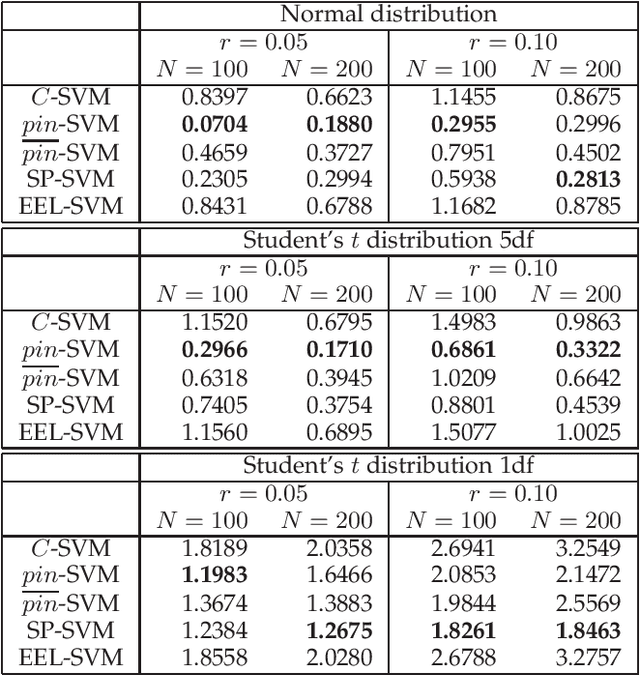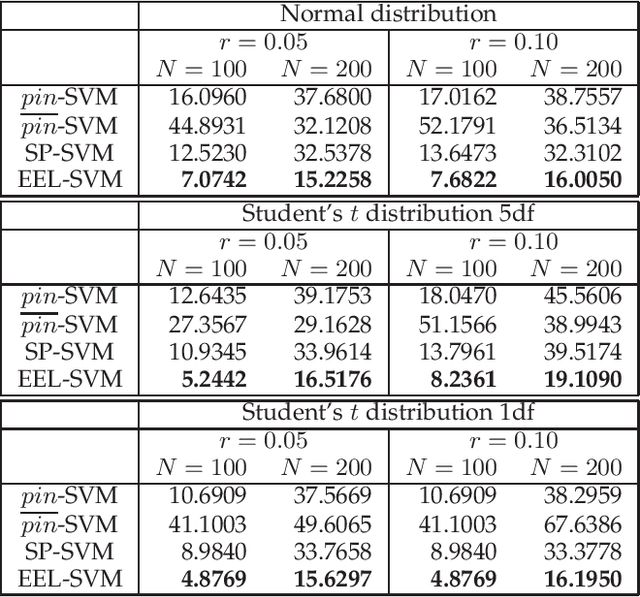Ioannis Kyriakou
Simulating multiple human perspectives in socio-ecological systems using large language models
Jul 23, 2025Abstract:Understanding socio-ecological systems requires insights from diverse stakeholder perspectives, which are often hard to access. To enable alternative, simulation-based exploration of different stakeholder perspectives, we develop the HoPeS (Human-Oriented Perspective Shifting) modelling framework. HoPeS employs agents powered by large language models (LLMs) to represent various stakeholders; users can step into the agent roles to experience perspectival differences. A simulation protocol serves as a "scaffold" to streamline multiple perspective-taking simulations, supporting users in reflecting on, transitioning between, and integrating across perspectives. A prototype system is developed to demonstrate HoPeS in the context of institutional dynamics and land use change, enabling both narrative-driven and numerical experiments. In an illustrative experiment, a user successively adopts the perspectives of a system observer and a researcher - a role that analyses data from the embedded land use model to inform evidence-based decision-making for other LLM agents representing various institutions. Despite the user's effort to recommend technically sound policies, discrepancies persist between the policy recommendation and implementation due to stakeholders' competing advocacies, mirroring real-world misalignment between researcher and policymaker perspectives. The user's reflection highlights the subjective feelings of frustration and disappointment as a researcher, especially due to the challenge of maintaining political neutrality while attempting to gain political influence. Despite this, the user exhibits high motivation to experiment with alternative narrative framing strategies, suggesting the system's potential in exploring different perspectives. Further system and protocol refinement are likely to enable new forms of interdisciplinary collaboration in socio-ecological simulations.
Robust Classification via Support Vector Machines
Apr 27, 2021



Abstract:The loss function choice for any Support Vector Machine classifier has raised great interest in the literature due to the lack of robustness of the Hinge loss, which is the standard loss choice. In this paper, we plan to robustify the binary classifier by maintaining the overall advantages of the Hinge loss, rather than modifying this standard choice. We propose two robust classifiers under data uncertainty. The first is called Single Perturbation SVM (SP-SVM) and provides a constructive method by allowing a controlled perturbation to one feature of the data. The second method is called Extreme Empirical Loss SVM (EEL-SVM) and is based on a new empirical loss estimate, namely, the Extreme Empirical Loss (EEL), that puts more emphasis on extreme violations of the classification hyper-plane, rather than taking the usual sample average with equal importance for all hyper-plane violations. Extensive numerical investigation reveals the advantages of the two robust classifiers on simulated data and well-known real datasets.
 Add to Chrome
Add to Chrome Add to Firefox
Add to Firefox Add to Edge
Add to Edge